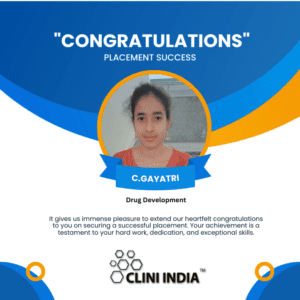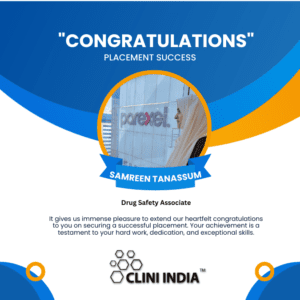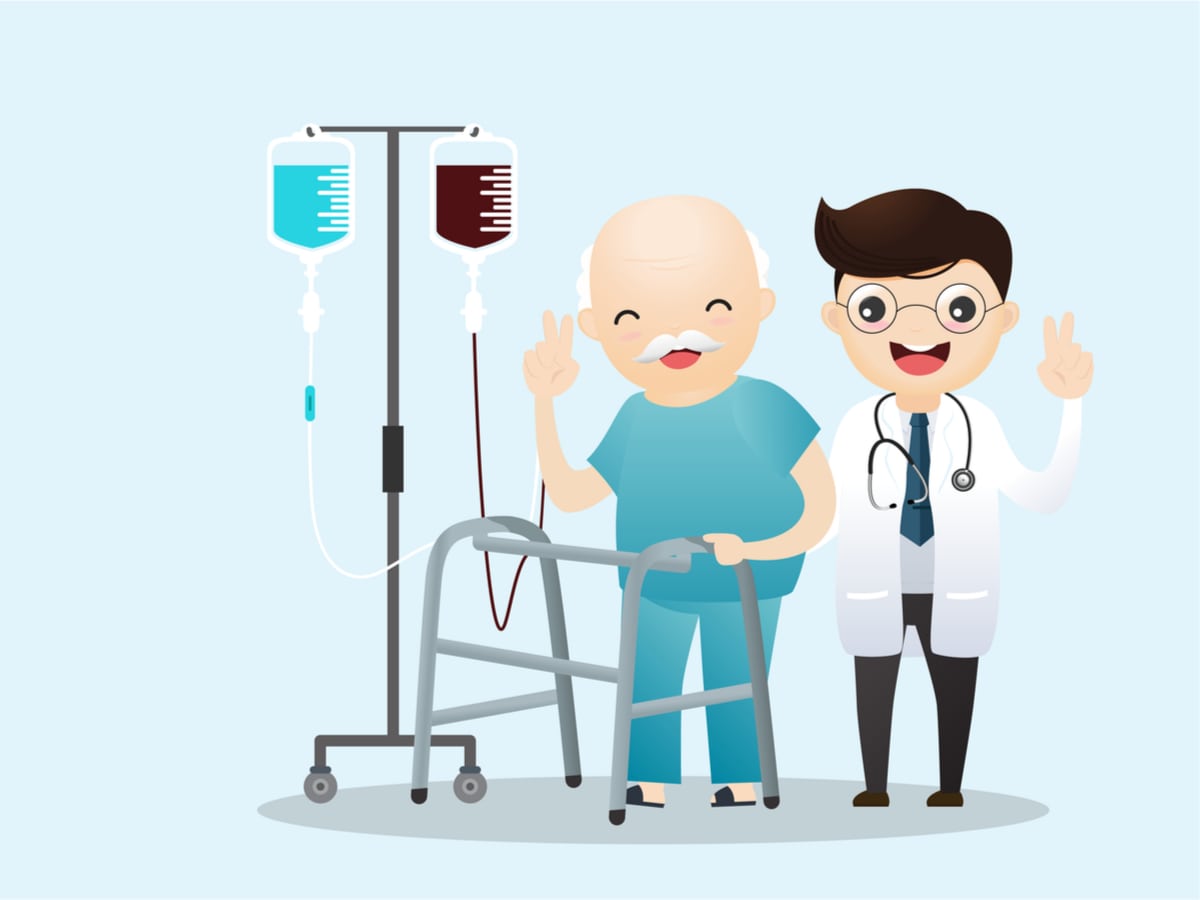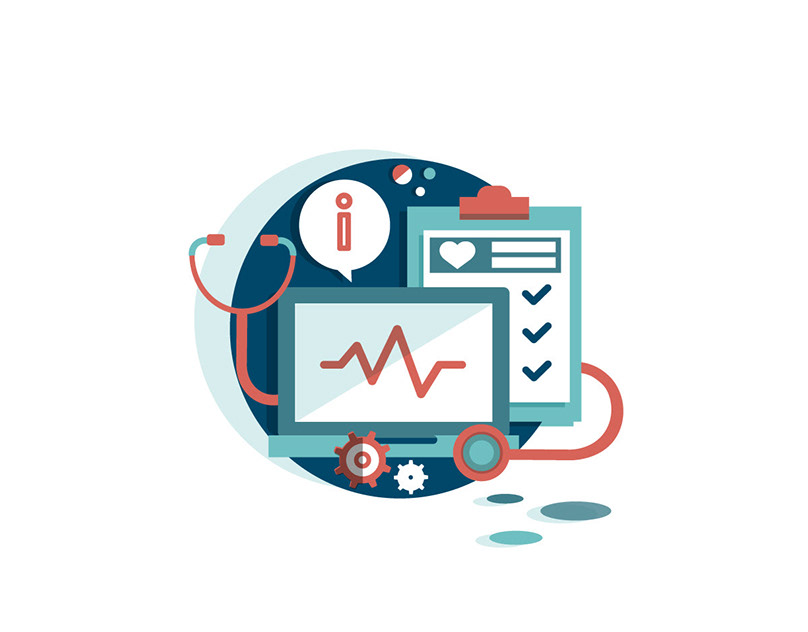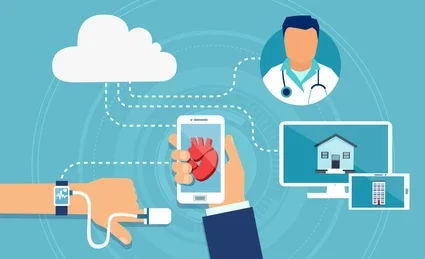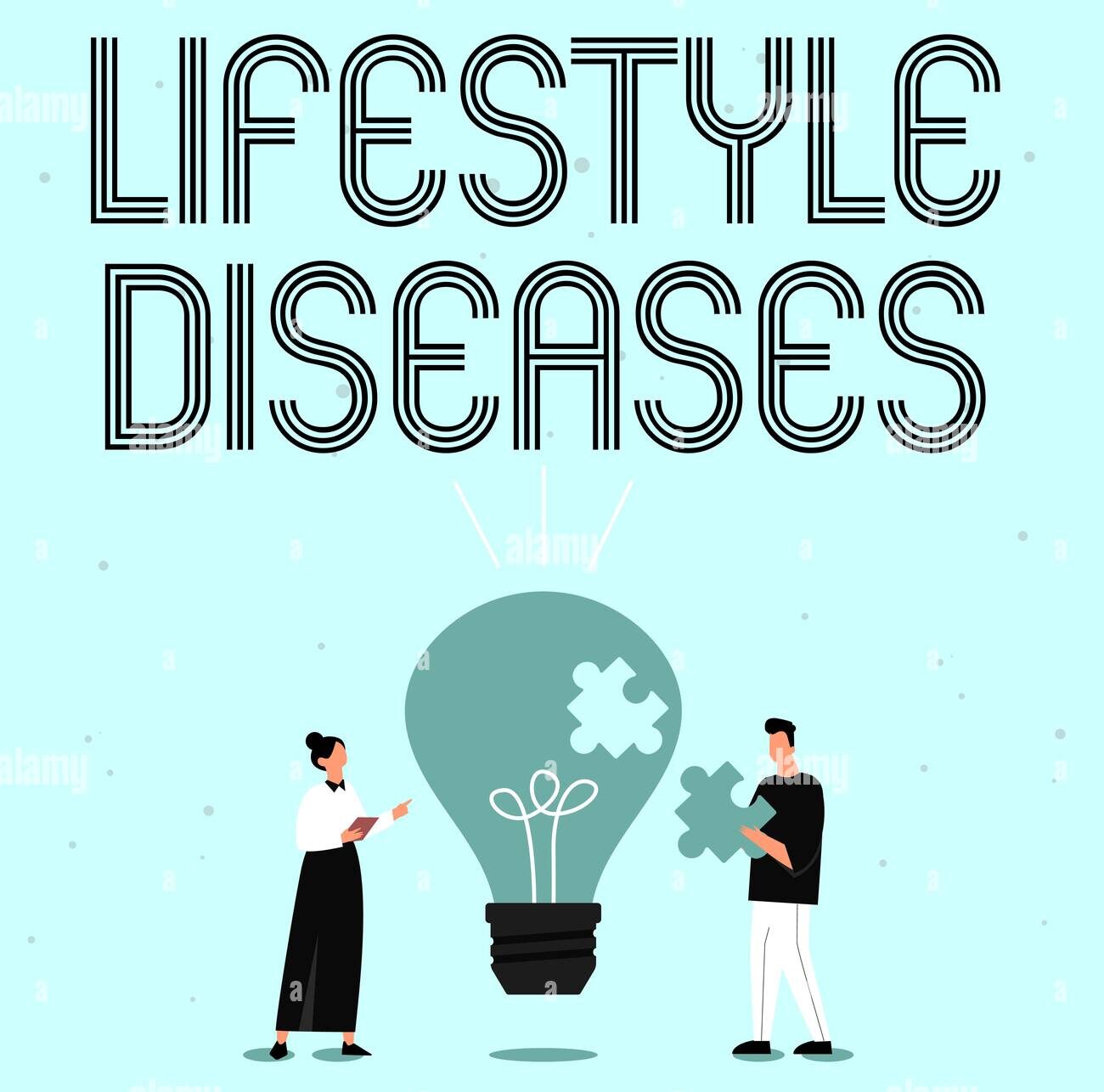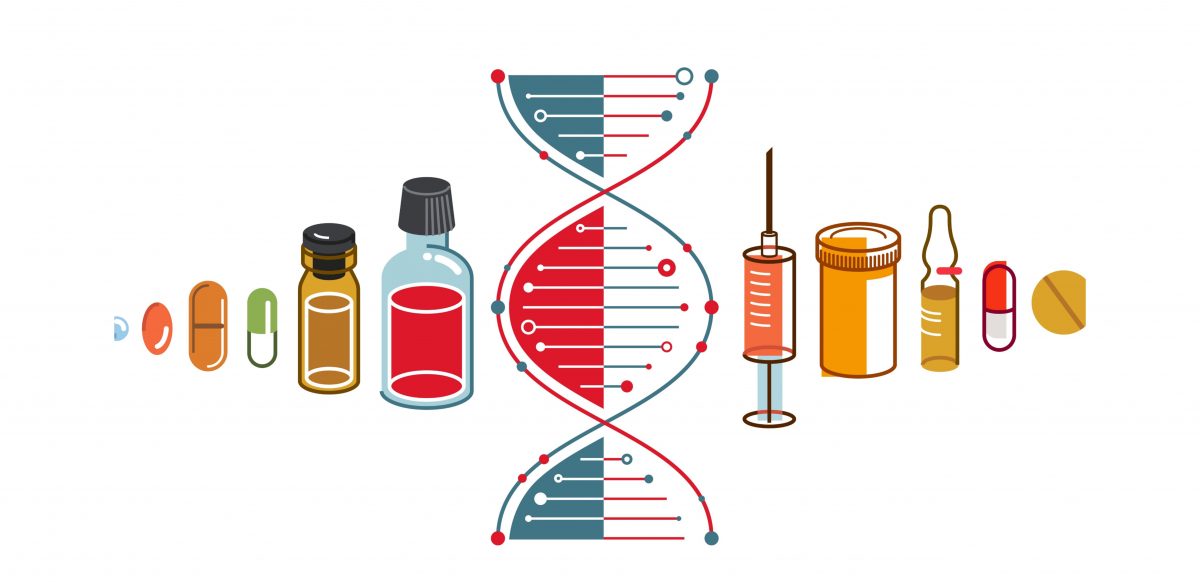
The Growing Role of Pharmacogenomics in Personalized Clinical Trials
In recent years, the landscape of clinical research has been reshaped by the advent of personalized medicine, a movement that recognizes the uniqueness of every patient’s genetic makeup. At the heart of this transformation lies pharmacogenomics—the study of how an individual’s genetic profile influences their response to drugs. This rapidly evolving field is playing a pivotal role in designing personalized clinical trials, leading to safer, more effective, and targeted therapies.
What is Pharmacogenomics?
Pharmacogenomics combines pharmacology (the science of drugs) and genomics (the study of genes and their functions) to predict how genetic variations affect individual responses to medications. These variations can influence drug absorption, metabolism, efficacy, and the risk of adverse reactions.
For instance, individuals with specific CYP450 gene variants may metabolize drugs like warfarin or clopidogrel differently, requiring tailored dosages to avoid toxicity or therapeutic failure.
The Shift from Traditional to Personalized Clinical Trials
Traditional clinical trials often adopt a “one-size-fits-all” approach, evaluating the average efficacy and safety of a drug in large, heterogeneous populations. However, this model has limitations:
-
Suboptimal outcomes for patients who do not respond to treatment
-
Increased risk of adverse effects
-
High attrition rates due to lack of therapeutic benefit
Pharmacogenomics enables a paradigm shift in trial design by stratifying participants based on genetic markers. This leads to targeted recruitment, better-defined endpoints, and improved statistical power, even with smaller sample sizes.
Key Advantages of Pharmacogenomics in Clinical Trials
-
Enhanced Patient Stratification
By identifying genetic biomarkers, researchers can select participants more likely to benefit from a treatment, thereby increasing the likelihood of success. -
Reduced Adverse Drug Reactions (ADRs)
Genetic screening helps predict which individuals may experience severe side effects, ensuring patient safety and compliance. -
Accelerated Drug Development
More precise data leads to faster decision-making, reducing the time and cost involved in bringing a drug to market. -
Regulatory and Commercial Value
Regulatory bodies like the FDA and EMA are increasingly emphasizing pharmacogenomic data in drug approvals. Additionally, the ability to market genetically targeted therapies offers significant commercial advantages.
Real-World Applications and Success Stories
-
Oncology: Targeted therapies such as trastuzumab (for HER2-positive breast cancer) and vemurafenib (for BRAF-mutant melanoma) demonstrate how pharmacogenomic-driven trials can revolutionize treatment.
-
Psychiatry: Genetic testing for CYP2D6 and CYP2C19 can inform antidepressant selection, minimizing the trial-and-error approach.
-
Cardiology: Warfarin dosing algorithms that incorporate VKORC1 and CYP2C9 genotypes help optimize anticoagulation therapy.
Challenges and Considerations
Despite its promise, the integration of pharmacogenomics into clinical trials faces several hurdles:
-
Cost and Infrastructure: Genomic testing can be expensive and requires advanced lab capabilities.
-
Ethical Concerns: Issues related to genetic data privacy and informed consent must be addressed.
-
Population Diversity: Many studies lack representation from diverse ethnic backgrounds, potentially limiting generalizability.
The Road Ahead
With ongoing advances in next-generation sequencing, bioinformatics, and AI-powered analytics, pharmacogenomics is set to become a cornerstone of clinical research. Initiatives like the All of Us Research Program and UK Biobank are paving the way for more inclusive, data-rich, and genetically informed studies.
As personalized medicine gains traction, clinical trials will increasingly leverage pharmacogenomics to deliver tailored, precise, and impactful healthcare solutions.
Pharmacogenomics is not just a scientific breakthrough—it’s a clinical imperative. By integrating genetic insights into clinical trials, we can ensure that the right patient gets the right drug at the right dose, every time. The future of clinical research is personal, and pharmacogenomics is leading the way.


















